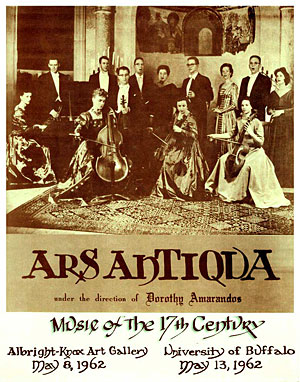
Any assistance will be appreciated.
Obviously, where we get the word, "aria"?
Catholic Word of the Day – links will be provided later by another FReeper.
|
Calvinism/Armianism |
Aseity |
Humanism |
|
Murder |
Luna |
Meta-Ousiosis |
|
Renunciation |
I. H. S. |
Peace of the Church |
|
Bilocation |
Marriage Bond |
Epikeia |
|
Scapular Medal |
Clandestinity |
Donatism |
|
Sign |
Altar Bread |
Curse |
|
Chrismation |
Religious State |
Clerics of the Pontifical Chapel |
|
Nehemiah |
Age of Discretion |
Formal Cause |
|
Monarchianism |
Longinus |
Giants |
|
Born Again |
Christians in Israel |
Liturgy of the Hours |
|
Chantry Schools |
Allegorical Sense |
Ruthenian Rite |
|
Sarum Rite |
Gorgias |
Aureole |
|
Hospitalers |
Epistle to Titus |
Ars Antiqua |
|
|
|
|
|
|
|
|
|
|
|
|
Catholic Word of the Day Ping!
If you aren’t on this Catholic Word of the Day Ping list and would like to be, please send me a FReepmail.

From Wikipedia:
Ars antiqua, also called ars veterum or ars vetus, refers to the music of Europe of the late Middle Ages between approximately 1170 and 1310, covering the period of the Notre Dame school of polyphony and the subsequent years which saw the early development of the motet. Usually the term is restricted to sacred music, excluding the secular song of the troubadours and trouvères; however sometimes the term is used more loosely to mean all European music of the thirteenth century and slightly before. The term ars antiqua is used in opposition to ars nova, which refers to the period of musical activity between approximately 1310 and 1375.
Almost all composers of the ars antiqua are anonymous. Léonin (fl. late 12th century) and Pérotin (fl. c.1180 – c.1220) were the two composers known by name from the Notre Dame school; in the subsequent period, Petrus de Cruce, a composer of motets, is one of the few whose name has been preserved.
In music theory the ars antiqua period saw several advances over previous practice, most of them in conception and notation of rhythm.
Aside from church music, it’s very difficult to find musical pieces this old. My college choir did one in Polish, and there are a few troubador songs for which melodies are guessed at.